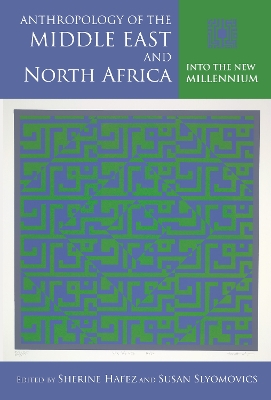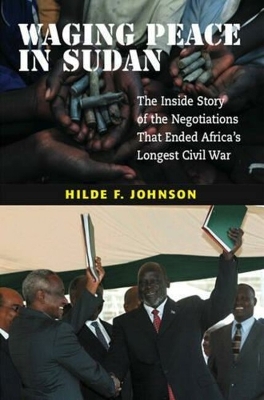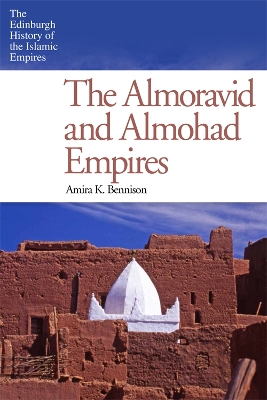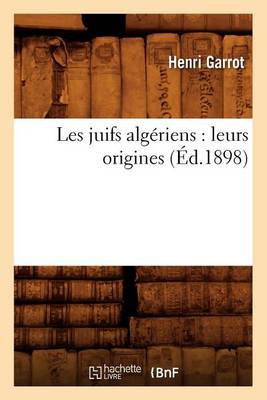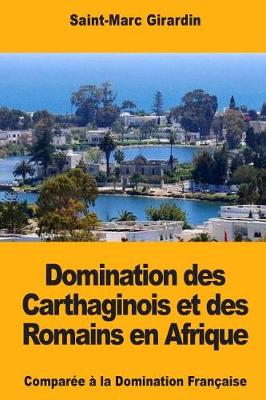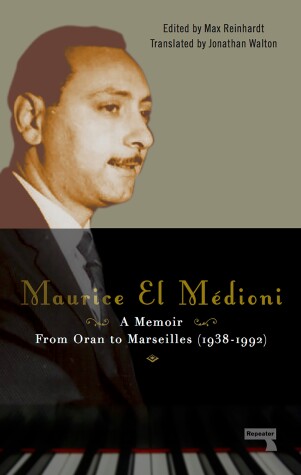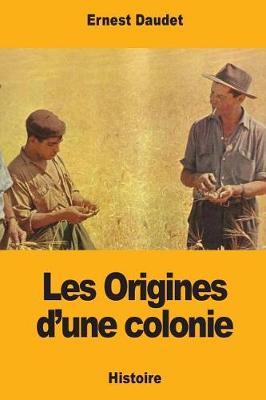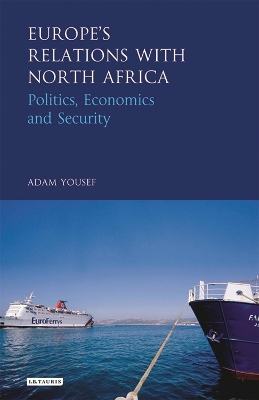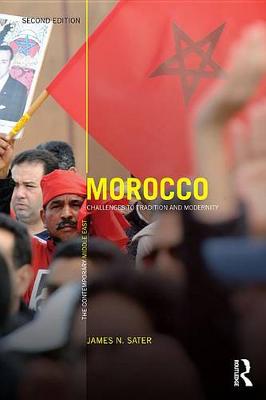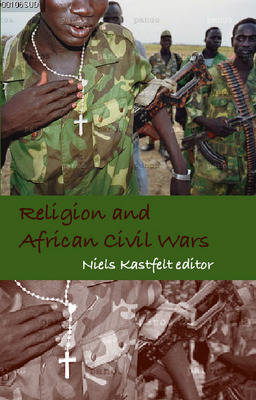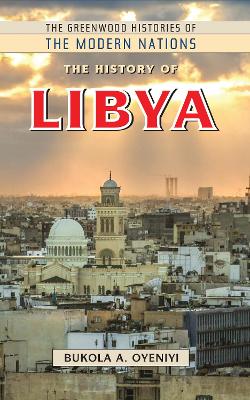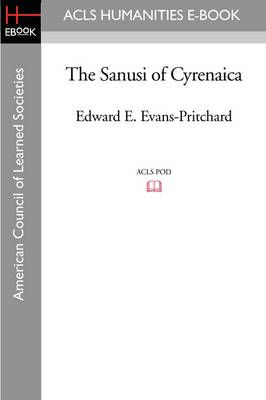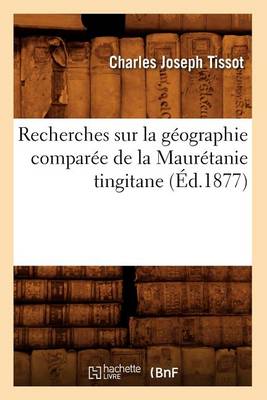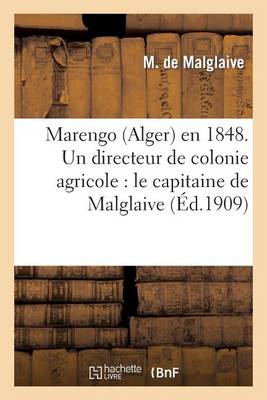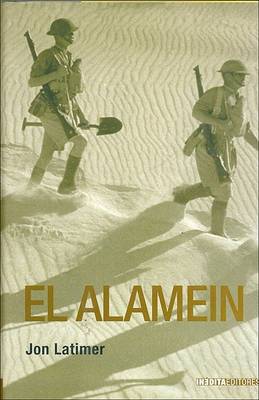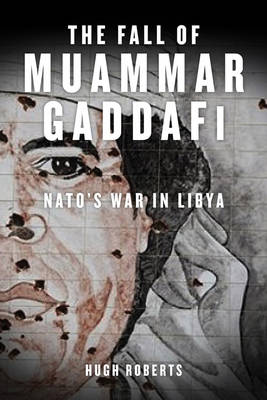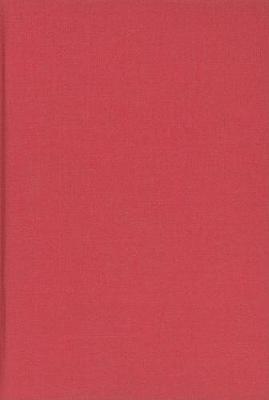In Exit the Colonel, Ethan Chorin, a longtime Middle East scholar and one of the first American diplomats posted to Libya after the lifting of international sanctions, goes well beyond recent reporting on the Arab Spring to link the Libyan uprising to a flawed reform process, egregious human rights abuses, regional disparities, and inconsistent stories spun by Libya and the West to justify the Gaddafi regime's "rehabilitation." Exit the Colonel is based upon extensive interviews with senior US,...
Anthropology of the Middle East and North Africa (Public Cultures of the Middle East and North Africa)
This volume combines ethnographic accounts of fieldwork with overviews of recent anthropological literature about the region on topics such as Islam, gender, youth, and new media. It addresses contemporary debates about modernity, nation building, and the link between the ideology of power and the production of knowledge. Contributors include established and emerging scholars known for the depth and quality of their ethnographic writing and for their interventions in current theory.
Sudan is at a crossroads. The country could soon witness one of the first partitions of an African state since the colonial era. The 2005 Comprehensive Peace Agreement guarantees a referendum on self determination for Southern Sudan, which is scheduled for January 2011. The agreement ended a 20-year old civil war pitting the indigenous population against successive Arab Muslim regimes in Khartoum. By the late 1990s the international community had largely judged the war insoluble and turned its a...
The Almoravid and Almohad Empires (Edinburgh History of the Islamic Empires)
by Amira K. Bennison
A comprehensive account of two of the most important empires in medieval North Africa whose rule fostered the emergence of the Islamic society which endured, in Morocco especially, until the early 20th century. Amira K. Bennison focuses on these dynasties from a positive perspective, placing them in their proper context of medieval Mediterranean and Islamic history.
Expedicin de Argel
by Carlos Gutierrez De Los Ros and Carlos Gutirrez De Los Ros
Domination des Carthaginois et des Romains en Afrique
by Saint-Marc Girardin
Maurice El Medioni (born on 18 October 1928 in Oran, Algeria) is an Algerian Jewish pianist, composer and interpreter of Andalusian, Rai, Chaabi, Sephardic and Arab music. He is one of the few living artists to have performed with the great Chaabi artists Lili Labassi, Line Monty, Samy el Maghribi, and Reinette l'Oranaise along with modern Rai greats like Khaled. This book contains his original handwritten memoirs, translated by Jonathan Walton. He tells firsthand the story of his early life in...
The rapid evolution of events in the European, Middle Eastern, and North African spheres has reinvigorated the debate on Euro-Mediterranean relations. Since 1995 these relations have operated under the auspices of the Barcelona Process, which laid the foundations for three initiatives that define European policy towards neighbouring states: the Euro-Mediterranean Partnership, the European Neighbourhood Policy, and the Union for the Mediterranean. This book scrutinises these initiatives through a...
The first edition of Morocco was published one year before the mass protests of the Arab Spring rocked the Moroccan state. Post-Arab Spring, the country has a new constitution and government, but the state remains uncompromising on any true reform of the monarchy's claims to power. This new edition provides an introductory overview of the history, contemporary politics, economy, and international relations in Morocco and offers an examination of the challenges to tradition and modernity in the...
Religion and African Civil Wars
The History of Libya (Greenwood Histories of the Modern Nations (Hardcover))
by Bukola A. Oyeniyi
The Sanusi of Cyrenaica (ACLS Humanities E-Book)
by Edward Evan Evans-Pritchard
Recherches Sur La Geographie Comparee de la Mauretanie Tingitane (Ed.1877) (Histoire)
by Charles Joseph Tissot
More than fifty years after Algerian independence, Albert Camus' Algerian Chronicles appears here in English for the first time. Published in France in 1958, the same year the Algerian War brought about the collapse of the Fourth French Republic, it is one of Camus' most political works--an exploration of his commitments to Algeria. Dismissed or disdained at publication, today Algerian Chronicles, with its prescient analysis of the dead end of terrorism, enjoys a new life in Arthur Goldhammer's...
An Armchair Traveller's History of Roman North Africa
by Barnaby Rogerson
The history of Roman North Africa starts in 146 bce with the final defeat and razing of Carthage, Rome's only real rival for supremacy in the Mediterranean. After Egypt was integrated under Augustus in 30 bce, the Romans ruled over the entire Mediterranean coast of Africa, a territory stretching from the Ampsaga River in the west to the border of Cyrenaica, making it not only the biggest but perhaps also the most important colony, frequently being called the 'granary of the empire'. It was also...
Marengo (Alger) En 1848. Un Directeur de Colonie Agricole: Le Capitaine de Malglaive, (Du Genie) (Sciences Sociales)
by De Malglaive-M
Histoire Des Berberes Et Des Dynasties Musulmanes de l'Afrique Septentrionale (Les Geuthner)
by Khaldoun Ibn
The Battle of Alamein in 1942 was of enormous political and military significance. It brought a sense of victory to Britain grown weary from defeat. And it was a decisive victory. It ended forever the see-saw desert campaign between the Eighth Army and the German-Italian Panzer Army, driving the latter across Egypt, Libya and into Tunisia. Then it was destroyed by the Allied invasion of North Africa in 1943, which in turn led to the invasion of Europe. Alamein was the high-water mark of Rommel's...
In the late 19th century, the port of Massawa on the Red Sea was a thriving, vibrant, multiethnic commercial hub. Red Sea Citizens tells the story of how Massawa rose to prominence as one of Northeast Africa's most important shipping centres. Jonathan Miran reconstructs the social, material, religious, and cultural history of this mercantile community in a period of sweeping change. He shows how Massawa and its citizens benefited from migrations across the Indian Ocean, the Arabian peninsula, Eg...

